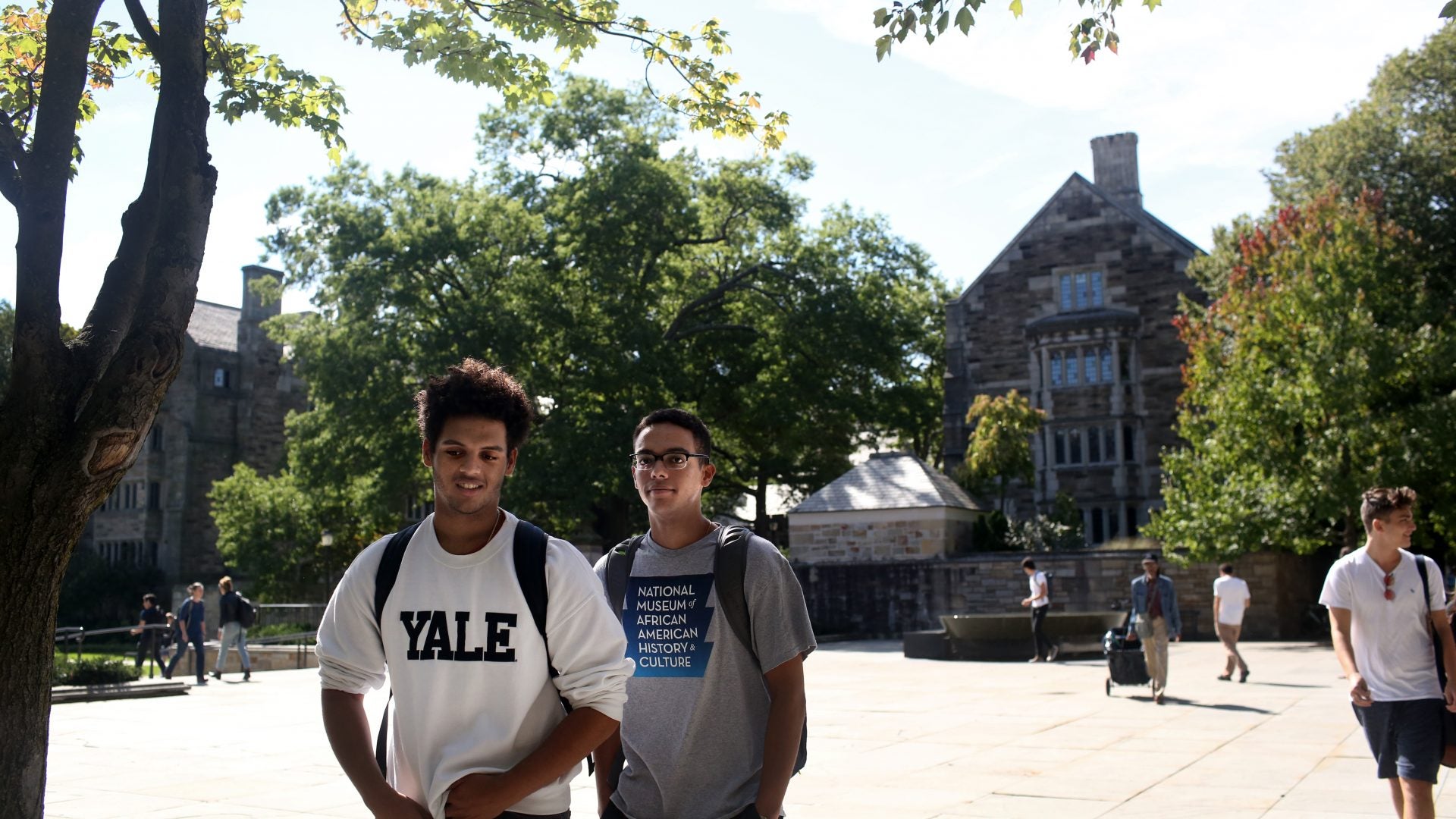
This week the U.S. Department of Justice (DOJ) dropped its discrimination lawsuit against Yale University that alleged the University was illegally discriminating against Asian American and White applicants. The investigation into the Ivy League school’s admissions process, initially launched in 2018, was part of the Trump administration’s ongoing effort to end affirmative action.
Former Attorney General William Barr alleged Yale University violated civil rights laws by rejecting “scores of Asian American and White applicants each year based on their race,” even though White and Asian Americans make up most of the school’s student population. According to Yale University’s web site, White students make up 52 percent of the school’s student body, and Asian Americans account for 19.3 percent. Latinx people account for 13.3 percent, and Black Americans only make up 7.7 percent of the student population. The DOJ announced on Wednesday, February 3 that it would voluntarily dismiss the lawsuit.
After announcing in August 2020 that the agency’s two-year investigation into Yale had concluded, the DOJ said it determined that Yale used race “at multiple steps of its admissions process, resulting in a multiplied effect of race on an applicant’s likelihood of admission, and Yale racially balances its classes.” The Biden administration, however, says it has found no evidence to support these claims.
Yale has repeatedly denied the allegations, claiming it has complied with decades of Supreme Court precedent, and doesn’t discriminate against applicants based on race. Instead, the university says it looks at a person’s entire profile when deciding to offer admission to a student.